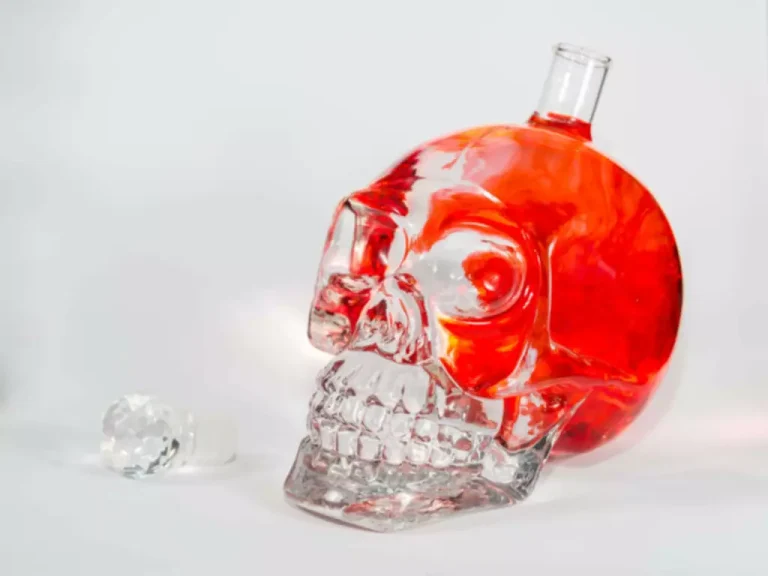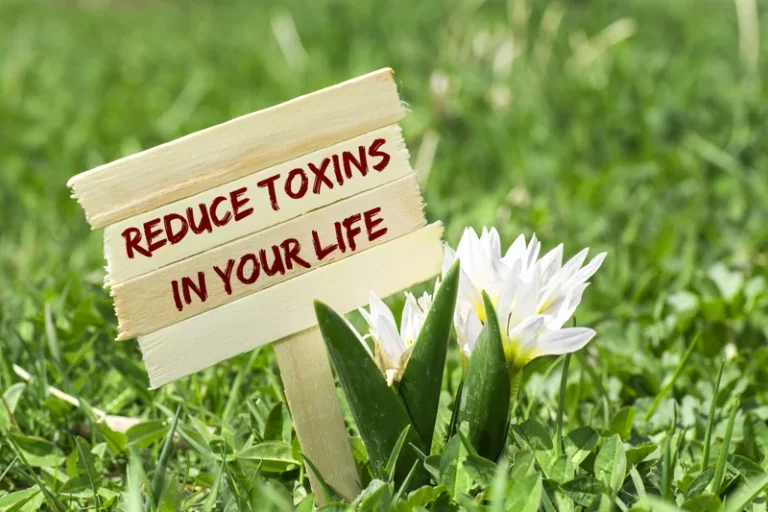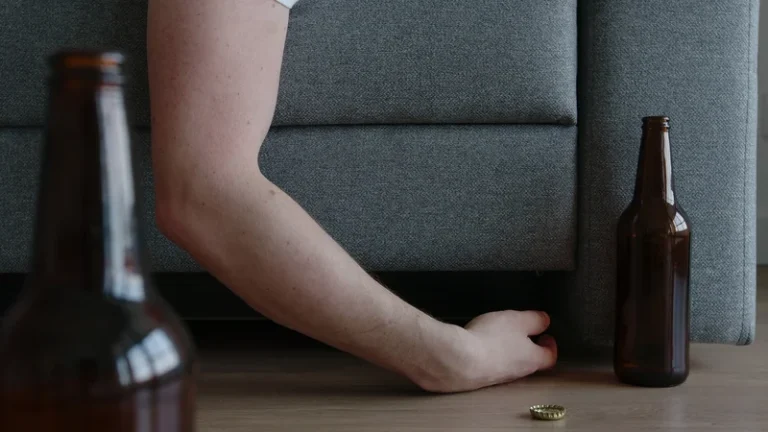
Aim for at least 30 minutes of exercise most days of the week to support your body’s natural detoxification processes. The first stage in a treatment facility is detox, where you abstain from the substances and flush them out of your system. If you are not familiar with alcohol addiction or the treatment process, you may not understand how long it takes for alcohol to leave your system. Alcohol is broken down by the liver, and how quickly it leaves your system depends on various factors.
Eat antioxidant-rich foods
If you want to flush out alcohol from your body on your own, be prepared to do a lot of work. If you want the easier way, work with reputable institutions like Stonewall Institute today and start turning your life around. Alcohol flushing is eliminating or flushing out all the alcohol in your body. Since your body is already chemically adjusted to the regular presence of alcohol in your system, flushing can be quite challenging.
How to Clean Alcohol Out of Your System: Tips for Quick Detox & Recovery
In the short term, alcohol is processed through your liver in about an hour. Essentially, feeling “drunk” is when your liver becomes too overwhelmed to properly process alcohol, so it overflows temporarily into your how to flush alcohol out of your system quickly bloodstream. This is what causes you to feel light-headed or tipsy after multiple alcoholic drinks. That’s why many of us wonder if a month of avoiding drinking is enough to “reset” your liver back to normal.
What is Flushing Alcohol from Your System?
This will help wash off the last traces of alcohol in your body and bring delicate tissues back to life. Many people who have previously experienced alcohol withdrawal also recommend having cayenne pepper on hand. It keeps your stomach calm and helps improve your appetite when you do not feel like eating. Alcohol metabolism rates vary by individual, but on average, the liver can process one standard drink per hour. Factors like weight, age, gender, and overall health can affect this rate. Alcohol’s impact on your body begins with the first sip, however long-term use of alcohol can take its toll on your body.
There’s nothing you can do to speed up how quickly alcohol leaves your system. In some cases, drinking a lot of water before a urine test can reduce the reliability of the test. Using mouthwash before a breathalyzer test can also reduce the reliability of that test. And, dying your hair with harsh chemicals can reduce the reliability of a hair test. In addition, if you have to hide alcohol use, it’s a good sign that you need help.
- Although we strive to deliver accurate and up-to-date information, no guarantee to that effect is made.
- Your liver is responsible for breaking down the majority of alcohol in your body.
- Although alcohol is typically metabolized within 25 hours, there are several factors that can make that process longer or shorter than average.
- If you or a loved one struggles with alcohol consumption, please contact an Ark Behavioral Health specialist.
Substance Abuse Treatment
The term toxin can refer to pollutants, synthetic chemicals, heavy metals, and processed foods, which can negatively affect health. Most people stop having withdrawal symptoms four to five days after their last drink. Learn more about the short- and long-term effects of drinking alcohol. However, there is currently no strong evidence to suggest that exercise can help metabolize alcohol quicker. Depending on the timing of alcohol and consumption, alcohol levels can continue to rise during sleep and lead to alcohol poisoning. This can occur if a person is still drinking in excess up to the moment they fall asleep.

Alcoholic beverages such as beer, wine and liquor break down differently in each person’s body. The substance is absorbed into the bloodstream through the stomach and the walls of the small intestines, affecting the kidneys, bladder, liver, lungs and skin. “Sweating out” alcohol is one of the biggest myths surrounding how to get alcohol out of your system. The liver is responsible for breaking down alcohol, and it does so at a relatively steady rate, which is on average one drink per hour. Ensuring adequate quality sleep each night is a must to support your body’s health and natural detoxification system.


If you’re struggling to curb alcohol use or to quit, even with a court order, it’s a good sign that you should ask for help. However, the short answer to this is that if you’re looking to flush alcohol out of your system to pass a drug test, you can’t. The longer answer is that you can speed up how quickly your body processes alcohol or how quickly you get over a hangover. Doing that will mean understanding how your body processes alcohol and what impacts how quickly it does so.
- The best way to avoid detection is to abstain from alcohol altogether or to wait until it has completely left your system before taking a drug test.
- A person who has not eaten will hit their peak blood alcohol level between 30 minutes and two hours after consumption, depending on the amount of alcohol consumed.
- If you’re more of a moderate to occasional drinker, you may find the hardest part of stopping drinking to be the social pressures.
- We offer dual diagnosis treatment and daily group and individual therapy for our clients.
What to know if you’re a casual drinker

Whether you’ve eaten or drank something that expired a little too long ago, or had one too many alcoholic drinks at a holiday party, Activated Charcoal can help to “mop up” the toxic aftermath. My coconut charcoal can also help to bind to potentially irritating proteins, such as casein and gluten. Additionally, most beers contain gluten, a protein found in wheat and grains used to make beer.